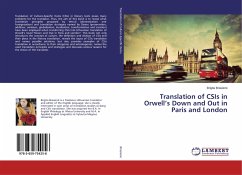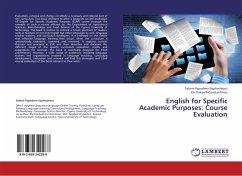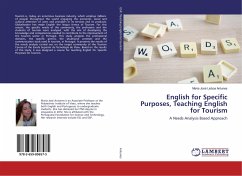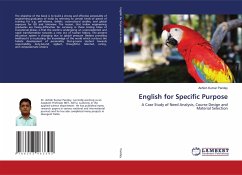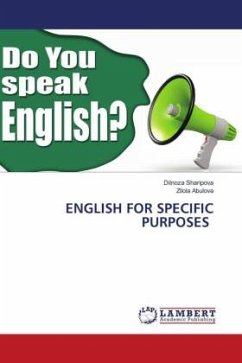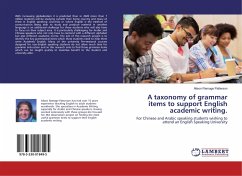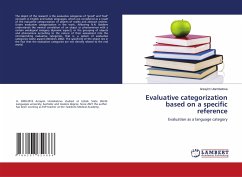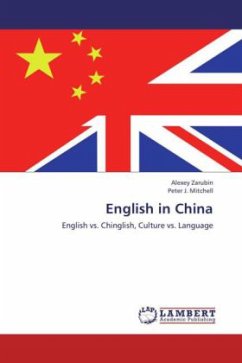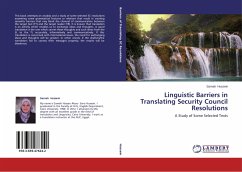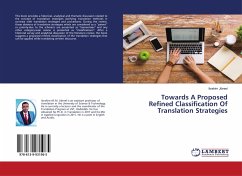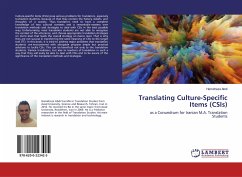
Translating Culture-Specific Items (CSIs)
as a Conundrum for Iranian M.A. Translation Students
Versandkostenfrei!
Versandfertig in 6-10 Tagen
27,99 €
inkl. MwSt.

PAYBACK Punkte
14 °P sammeln!
Culture-specific items (CSIs) pose serious problems for translators, especially translation students, because of that they contain the history, beliefs, and thoughts of a society. Thus, translators need to have a complete knowledge of two cultural contexts and a remarkable mastery over translation methods and strategies to deal with CSIs in the best possible way. Unfortunately, most translation students are not able to recognize the context of the utterance, and choose appropriate translation strategies on micro level that leads the overall strategy on macro level. That is why they are not suc...
Culture-specific items (CSIs) pose serious problems for translators, especially translation students, because of that they contain the history, beliefs, and thoughts of a society. Thus, translators need to have a complete knowledge of two cultural contexts and a remarkable mastery over translation methods and strategies to deal with CSIs in the best possible way. Unfortunately, most translation students are not able to recognize the context of the utterance, and choose appropriate translation strategies on micro level that leads the overall strategy on macro level. That is why they are not success in transferring the same meaning of CSIs to the target text (TT). In this book, it is tried to address major problems that translation students are encountered with alongside propose simple but practical solutions to tackle CSIs. This can be beneficial not only to the translation students, trainee translators, but also to teachers of translation in such a way that they will easily be able to deal with CSIs and to be aware of the significance of the translation methods and strategies.



